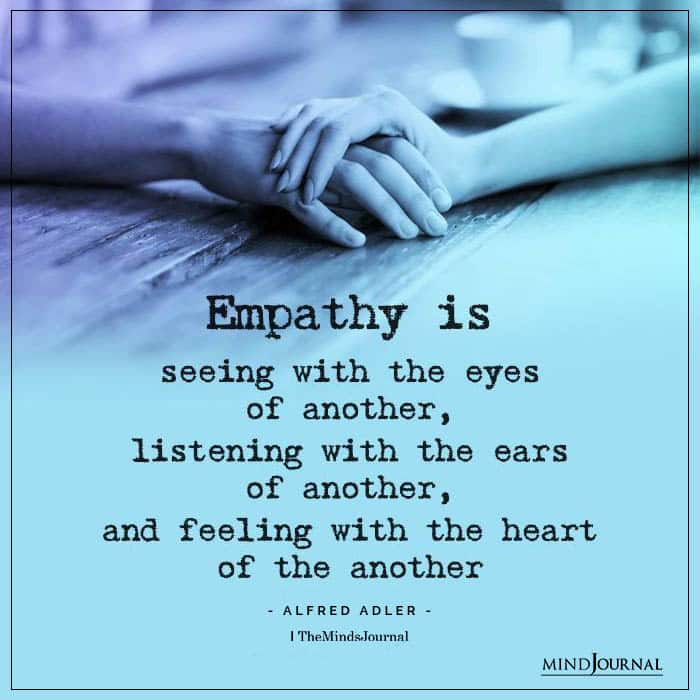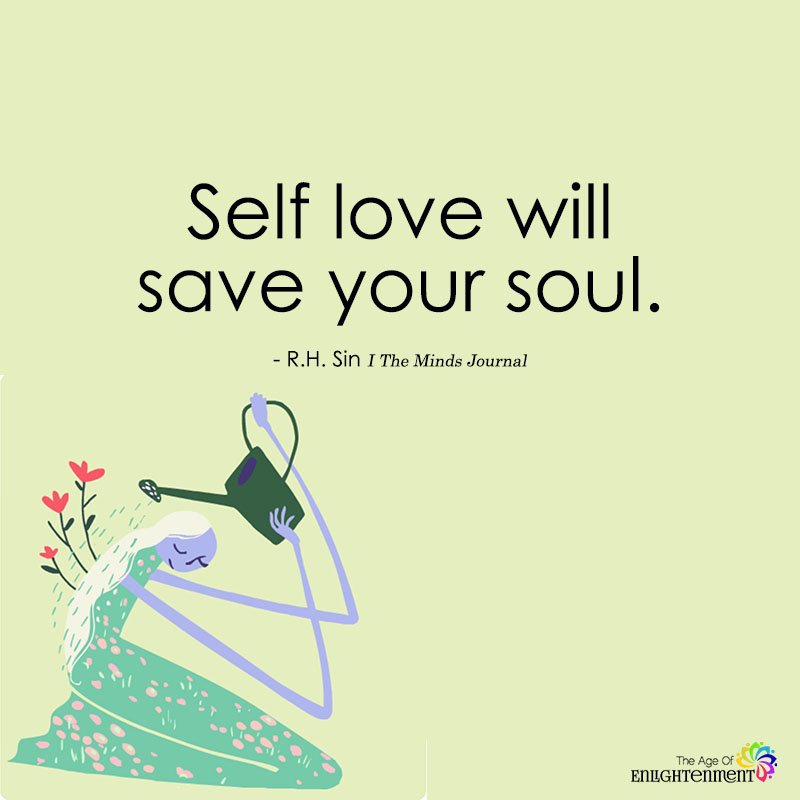The idea of self-love and self-nurturing baffles most people, especially codependents, who by and large, received inadequate parenting. Here are tips for self-love and compassion.
The word “nurture” comes from the Latin nutritious, meaning to suckle and nourish. It also means to protect and foster growth. For young children, this usually falls to the mother, however, the father’s role is equally important. Both parents need to nurture children. Healthy parenting helps the grown child be his or her own best mother and father. A child must not only feel loved, but also that he or she is understood and valued as a separate, unique individual by both parents, who each want a relationship with him or her. Although we have many needs, I’m focusing on nurturing our emotional needs.
Emotional Needs
In addition to physical nourishment, including gentle touch, care, and food, emotional nurturing consists of meeting a child’s emotional needs. These include:
- Love
- Play
- Respect
- Encouragement
- Understanding
- Acceptance
- Empathy
- Comfort
- Reliability
- Guidance
Read Self Love and Inner Child
The Importance of Empathy
A child’s thoughts and feelings must be taken seriously and listened to with respect and understanding.
One way of communicating this is by mirroring or reflecting back what he or she is saying expressing. “You’re angry that it’s time to stop playing now.” Instead of judgment, “You shouldn’t be jealous of Cindy’s new friend,” a child needs acceptance and empathic understanding, such as: “I know you’re hurt and feel left out by Cindy and her friend.” Empathy is deeper than intellectual understanding. It’s identification at an emotional level with what the child feels and needs. Of course, it’s equally important that a parent appropriately meet those needs, including giving comfort in moments of distress.

Accurate empathy is important for children to feel understood and accepted. Otherwise, they may feel alone, abandoned, and not loved for who they are, but for only what their parents want to see.
Many parents unwittingly harm their children by denying, ignoring, or shaming their child’s needs, actions, and expressions of thoughts or feelings. Simply saying, “How could you do that,” may be felt as shaming or humiliating. Responding to a child’s tears with laughter, or “That’s nothing to cry about,” or “You shouldn’t be (or ‘Don’t be’) sad,” are forms of denying and shaming a child’s natural feelings. Even parents who have sympathetic intentions, may be preoccupied or misunderstand and misattune to their child. With enough repetitions, a child learns to deny and dishonor natural feelings and needs and to believe that he or she is unloved or inadequate.
Good parents are also reliable and protective. They keep promises and commitments, provide nourishing food and medical and dental care. They protect their child from anyone who threatens or harms him or her.
Read 5 Ways You Can Teach Empathy To Your Kids

Self-Nurturing
Once grown, you still have these emotional needs. Self-love means meeting them. In fact, it’s each person’s responsibility to be his or her own parent and meet these emotional needs, irrespective of whether you’re in a relationship. Of course, there are times you need support, touch, understanding, and encouragement from others. However, the more you practice self-nurturing, the better your relationships will be.
All of the things a good mother does, you have the superior capacity to do, for who knows better than you what are your deepest feelings and needs, if only you’d look.
Here are some tips to self-love and compassion:
1) Identify your feelings.
If this is difficult, pay attention to your inner dialogue. Notice your thoughts. Do they express worry, judgment, despair, resentment, envy, hurt, or wishing. Notice your moods. Are you irritable, anxious, or blue? Try to name the specific feeling. (“Upset” isn’t a specific feeling.) Do this several times a day to increase your feeling recognition. You can find lists of hundreds of feelings online. See p.145 of Codependency for Dummies.
2) Honor your feelings.
When you have uncomfortable feelings, put your hand on your chest, and say aloud, “You’re (or I’m) ____.” (e.g., angry, sad, afraid, lonely). This signifies acceptance of your feelings.
3) Uncover the cause.
Think and/or write about the cause or what triggered your feeling.
4) Meet your needs.
Once you discover the cause, think about what you need that will make you feel better. Meeting your needs is good self-parenting.

5) Express your feelings.
Journaling about your feelings has been shown to alleviate depression and increases your self-knowledge. If you’re anxious, practice yoga or martial arts, meditation, or simple breathing exercises. Slowing your breath slows your brain and calms your nervous system. Exhale 10 times making a hissing (“sss”) sound with your tongue behind your teeth. When you’re angry, do something active to release your emotions.
Read Love Yourself Through: Why Empathy Must Start With You
6) Giving yourself comfort.
Write a supportive letter to yourself, expressing what an ideal parent would say. Have a warm drink. Studies show this actually elevates your mood. Swaddle your body in a blanket or sheet like a baby. This is soothing and comforting to your body.
7) Find pleasure.
Find pleasure, e.g., read or watch comedy, look at beauty, walk in nature, sing or dance, create something, or stroke your skin. Pleasure releases chemicals in the brain that counterbalance pain, stress, and negative emotions. Discover what pleasures you. (To read more about the neuroscience of pleasure, read my article, “The Healing Power of Eros”.)
8) Play.
Adults also need to play. This means doing something purposeless that fully engages you and is enjoyable for its own sake. The more active the better, i.e., play with your dog vs. walking him, sing or collect seashells vs. watching television. The play brings you into the pleasure of the moment. Doing something creative is a great way to play, but be cautious not to judge yourself. Remember the goal is enjoyment–not the finished product.
9) Coach yourself.
Practice complimenting and encouraging yourself – especially when you don’t think you’re doing enough. Notice self-judgment for what it is, and be a positive coach. Remind yourself of what you have done and allow yourself time to rest and rejuvenate.
Read Three Wrong Ways To Love Yourself And How To Do It Right
10) Forgive yourself.

Good parents don’t punish children for mistakes or constantly remind them, and they don’t punish willful wrongs repeatedly. Instead, learn from mistakes and make amends when necessary.
11) Keep commitments.
Honor commitments to yourself as you would anyone else. When you don’t, you’re in effect abandoning yourself. How would you feel if your parent repeatedly broke promises to you? Love yourself by demonstrating that you’re important enough to keep commitments to yourself.
12) Listen to my Self-Love Meditation regularly.
It will give you words of kindness and acceptance to say to yourself.
A Word of Caution
Beware of self-judgment. Remember that feelings aren’t rational. Whatever you feel is okay, and it’s okay if you don’t know why you feel the way you do. What is important is the acceptance of your feelings and the positive actions you take to nurture yourself. Many people think, “I shouldn’t be angry (sad, afraid, depressed, etc.). This may reflect the judgment they received as a child. Often it’s this unconscious self-judgment that is the cause of irritability and depression. Learn how to combat self-criticism in my ebook, 10 Steps to Self-Esteem, available on my website and in online bookstores.
If you find these 12 tips to self-love helpful, leave a comment below.
Please share this article with anyone who you may think will find it valuable and useful.
©Darlene Lancer 2013
Related video:
Written by Darlene Lancer JD, MFT Originally appeared on WhatIsCodependency.com Republished with permission










Leave a Reply